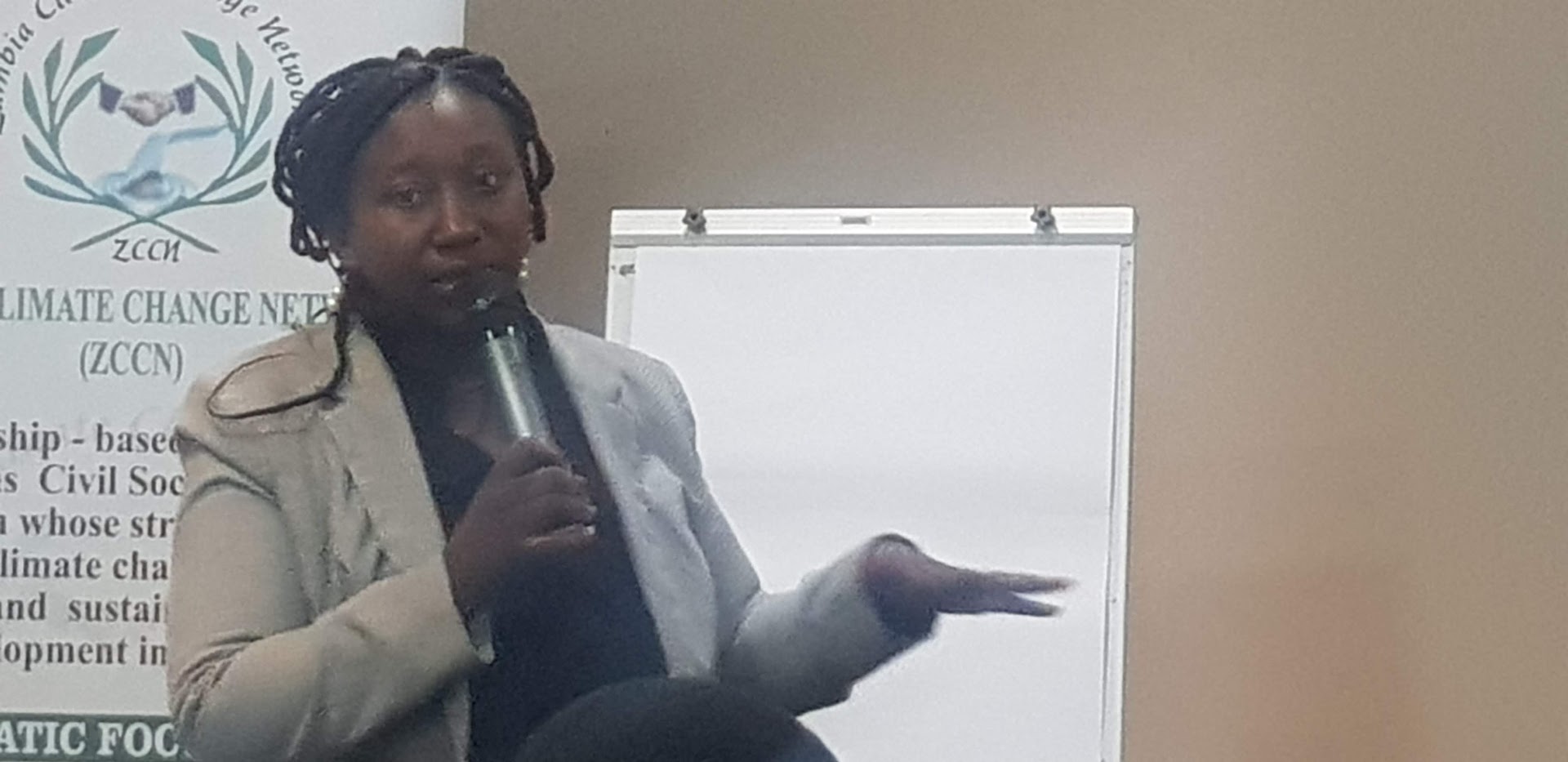
The United States of America (US) withdrawal of funding to Paris Agreement is retrogressive in the fight against climate change and will have multiple effects on developing nations and those championing the development of ‘home-grown initiatives’ under the nationally determined contributions (NDCs) seeking to reduce greenhouse gas emissions and reverse the effects on the environment, an expert has noted.
The US had late last month notified the Secretary-General (António Guterres), in his capacity as a depository, of its withdrawal from the Paris Agreement on January 27 of this year, according to the UN.
Experts estimate that about $11 billion a year of funding for climate projects in developing countries is under threat from Trump’s review (for 90 days) as signed under the executive orders and subsequently punish Africa, one of the continents heavily affected by climate change.
Arguably, the US contributed about US$11 billion in 2024 to help developing countries reduce planet-heating emissions and adapt to climate change – but all current and future projects are now under threat from the broader aid review.
The Paris accord aims at limiting long-term global warming to 2.7 degrees Fahrenheit (1.5 degrees Celsius) or, failing that, keeping temperatures at least well below 3.6 degrees Fahrenheit (2 degrees Celsius) above pre-industrial levels.
The UN says despite the US withdrawal, it remains committed to its global commitment to climate action, it says in a statement arguing: “We reaffirm our commitment to the Paris Agreement and support all effective efforts to limit the rise in global temperatures to 1.5 degrees Celsius.”
Lydia Chibambo, a climate change expert argues that the action by the US to ‘shy away’ from climate change financing under the Paris Agreement was retrogressive.
Most projects, she argues, will close unceremoniously leaving gaps in the climate action for communities including those who are employed on the project are now jobless and the trickle-down effect to lives connected to these initiatives is terrible.
Noting that the ‘change of mind by the US was not new, having earlier withdrawn few years ago before rejoining, Ms. Chibambo, who is the Climate Lead under the Zambia Climate Change Network (ZCCN) a consortium of campaigners in Zambia, calls for a review of the international agreements and strengthen them.
This, ultimately, will help avoid the financing gaps which are created at will by developed countries which is their responsibility which is not charity.
Chibambo, however, notes that climate action is interconnected as the US will need critical minerals for energy transition from other parties and unless, the US reconsidered its withdrawal from the Paris Agreement, it stands to lose, the action being globally interconnected.
The abrupt withdrawal by the US, should serve as a clarion call for all developing countries that depend on funding from rich countries, despite many being major polluters, to fight climate change through home-grown initiatives.
“This is a global community which the US would stand to lose out somehow. For developing countries we need to be high on home-grown ambition in NDCs” she said in a statement.
Other players, the European Union and US billionaire Martin Bloomberg, echo Chibambo’s concerns and urged all players to forge ahead, with or without the US, whose contributions are unpredictable when a unity of purpose is important at the height of the global war against climate change financing.
The leaders under the 28-member-European Union argues that despite Trump’s withdrawal, they would support the success of the Paris Agreement to the hilt until it succeeds.
During the World Economic Forum meeting in Davos, Switzerland, various responses were echoed by leaders and that they will hold for and remain a part of the global climate pact.
European Union chief Ursula von der Leyen said: “Europe will stay the course, and keep working with all nations that want to protect nature and stop global warming.”
United Nation’s climate chief, Simon Stiell speaking at a panel looking ahead to this year’s upcoming climate talks in Brazil said the “door remains open” for the United States.
“The world is undergoing an unstoppable energy transition. Last year alone, over $2 trillion was invested in the transition (to clean energy). And that compares to one trillion in fossil fuels,” he said
Stiell said that there is “crisis fatigue” in the world now.
“The poly crisis environment that we’ve been in for the last few years, the climate has been pushed down the crisis priority list,” he said. Regardless of political changes, “the science behind climate hasn’t changed.
Michael Bloomberg, the US financial magnet does not feel disturbed by the US withdrawal from the Paris Agreement and has committed to financing the UN Framework Convention on Climate Change (UNFCCC) UNFCCC, a commitment adopted at COP 21 in 2015.
Arguably, this agreement by all parties was to limit the increase in global average temperatures to “well below 2C” above pre-industrial levels, while “pursuing efforts” to restrict the rise to 1.5C.
The UNFCCC is the UN entity tasked with overseeing and accelerating progress towards the Paris Agreement goals.
According to Article 28, paragraph two, of the Paris Agreement, the withdrawal of the United States will take effect on January 27, 2026. US President Donald Trump originally withdrew the US from the climate agreement in 2019 was reversed by his successor, former President Joe Biden.
This money has not been received by the UN fund – which is also still owed $1 billion from a previous US pledge – and is very unlikely to be delivered under Trump.
